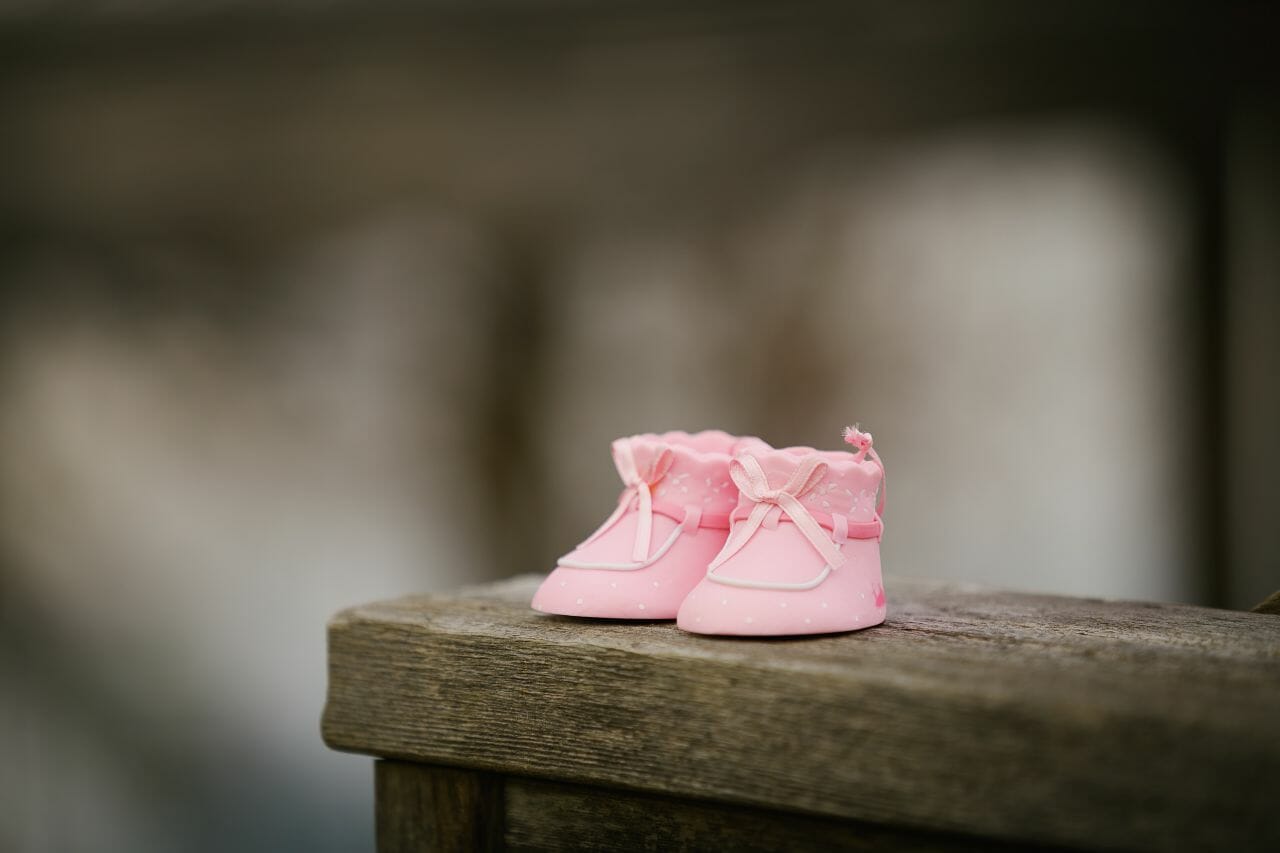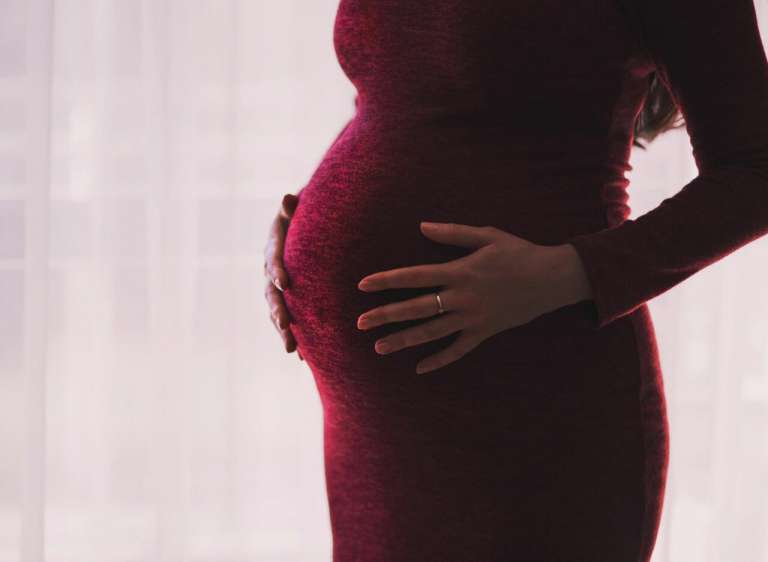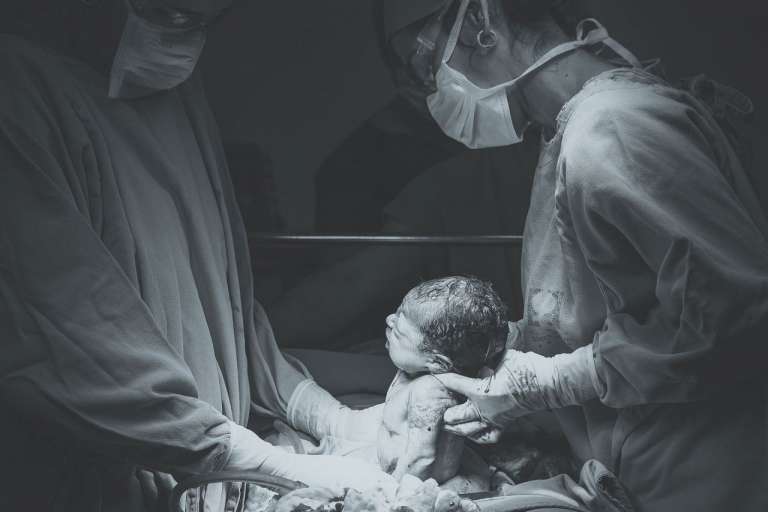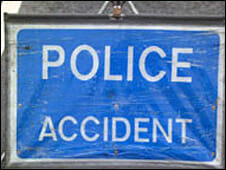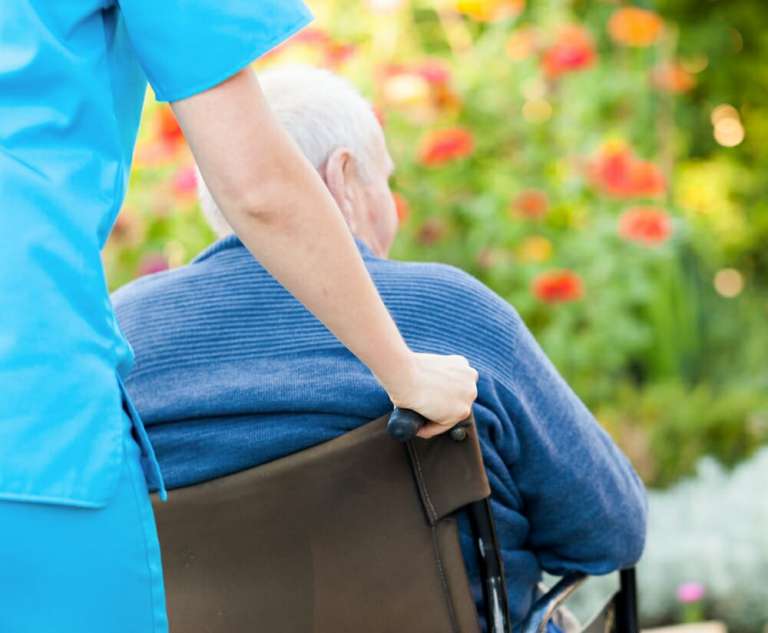This week (7 – 13 September 2020) marks Birth Trauma Awareness Week 2020. The awareness week, organised by the Birth Trauma Association, is running slightly later than usual this year, due to the disruption caused by COVID-19.
Birth Trauma Awareness
Meeting your baby for the first time is supposed to be one of the happiest times of your life. But according to the latest research, every year in the UK, approximately 30,000 women suffer from birth trauma.
Trauma can be triggered by unexpected and unavoidable complications during labour, meaning that it doesn’t go as you had hoped. On other occasions though, complications might have been avoidable; sometimes trauma can be a result of medical negligence.
Birth trauma isn’t always caused by the mother being physically injured. We have helped many mothers whose trauma stems from injuries their child suffered during labour.
As with any other trauma, it can have a lasting impact. Common symptoms of someone suffering from post-traumatic stress disorder (PTSD) include:
- Flashbacks
- Heightened levels of anxiety
- Constantly feeling ‘on alert’
- Avoiding anything that reminds them of the trauma
What’s more, birth trauma can make it harder to bond with your baby.
The Impact of Birth Trauma
Most medical treatment is provided without a problem. But as medical negligence solicitors, our job is to help those that have fallen victim to mistakes and poor practice, so we see more than most.
Holly Gwilliams is a Litigation Executive on our medical negligence team, and having acted for clients who have been left traumatised by the treatment they received, reminds us that “it is important that we understand and help those who have been afflicted by trauma during labour. Whilst the 30,000 women who are affected by birth trauma every year might represent a minority of the total number of women who are cared for on maternity wards, it’s not a trivial number; particularly when you consider the significant, long-lasting impact that PTSD can have on an individual, as well as their family and friends. We need to do everything we can to minimise the instances of birth trauma, by good practices; and where traumatic experiences are unavoidable, the best quality care needs to be available.”
Journeys
The theme for Birth Trauma Awareness Week in 2020 is ‘journeys’. Specifically, people’s journeys through the after-effects of birth trauma.
How to Take Part
You can take part online, by joining in the #babystepschallenge. All you need to do is:
- Take a photo of your shoes, next to your child’s. They don’t have to be a baby’s shoes if your child is no longer a baby. This is to signify the baby steps it takes to recover from birth trauma.
- If you have a personal experience, you can share something about your journey (as long as you’re comfortable doing so). Otherwise, the Birth Trauma Association have some facts and stats you can share.
- Use the following hashtags: #journeyfrombirthtrauma #BTAW2020 #babystepschallenge
- You can also share the link to their Just Giving page: https://www.justgiving.com/campaign/BTAW2020
On Facebook, you can also add a frame to your profile picture. Just search “birth trauma” to find it.
The Birth Trauma Association
The Birth Trauma Association (BTA) are a charity that support women who have suffered birth trauma. Birth trauma is a shorthand term of PTSD after birth.
If you want to find out more, you can visit their website. Alternatively, you can keep up-to-date with what they’re doing on Facebook and Twitter.
How Pryers can Help
Pryers are specialist medical negligence solicitors. We’ve helped thousands of people who have been injured by medical professionals, so understand the trauma associated with being let down by the people you trusted to look after you.
Our friendly, compassionate and professional team make it easy to get the help you need. If you’ve had a difficult birth experience, which has left you, and/or your child injured; and you think it was avoidable, do not hesitate to get in touch.
We will advise you for free whether we can help you can make a claim on a no win no fee basis. Contact us by email, or call us on 1904556600 to get started, today.
If you’d like to read about how Pryers can help, we wrote about a mother we helped after she suffered a severe psychiatric reaction, when a placental abruption was misdiagnosed as pelvic girdle pain. Please note that the facts of this case includes information that some may find distressing. We would not recommend reading it if you are sensitive to details of birth trauma.

